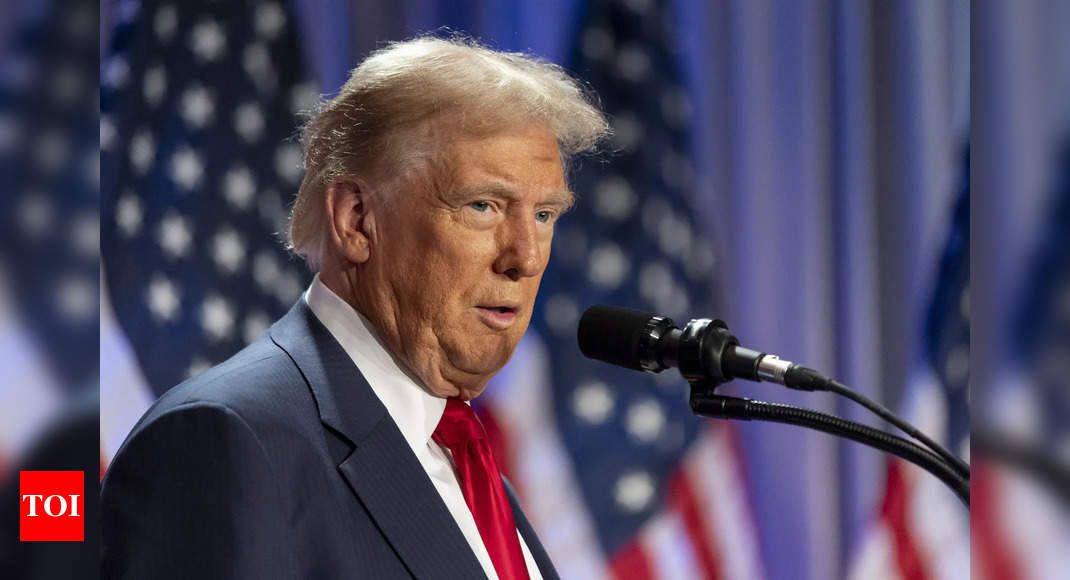European Tech Leaders Call on Countries to Reject 'Playing Fair' Approach with Big Tech

Lisbon, Portugal - European technology leaders have urged regional countries to adopt a stronger stance against the dominance of Big Tech companies and reduce their reliance on the US for critical technologies like artificial intelligence. The calls came following Donald Trump's electoral victory, which was widely discussed among tech leaders at the Web Summit conference in Lisbon.
According to reports from CNBC, many attendees expressed uncertainty about what to expect from the new US president-elect, citing unpredictability as a significant challenge. Andy Yen, CEO of Swiss VPN developer Proton, urged Europe to adopt a more "Europe-first" approach to technology, mirroring American protectionism.
"It's time for Europe to step up," Yen said at Web Summit. "It's time to be bold. It's time to be more aggressive. And the time is now, because we now have a leader in the US that is 'America-first,' so I think our European leaders should be 'Europe-first.'"
The comments were made as the European Union has taken legal action and introduced tough regulations to tackle the dominance of large tech players like Google, Apple, Amazon, Microsoft, and Meta. However, with Trump preparing for a second term, there are concerns that Europe might soften its approach to avoid retaliation from the new administration.
Yen urged the EU not to dilute its efforts to rein in American tech giants. "Europe has been thinking in a very globalist mindset. They're thinking we need to be fair to everybody, we need to open our market to everybody, we need to play fair, because we believe in fairness," he said.
"It well appears that the Americans and the Chinese didn't get the memo. They have been playing extremely unfairly for the last 20 years. And now they have a president that is extremely 'America-first,'" Yen added.
Former Mozilla Foundation CEO Mitchell Baker agreed that the EU's Digital Markets Act (DMA) has led to meaningful changes, such as increased activity in the Firefox browser after Google implemented a "choice screen" on Android phones.
"The change in Firefox new users and market share on Android is noticeable," Baker said. "That's nice for us — but it's also an indicator of how much power and centralized distribution these companies have."
She added, "This change in usage because of one choice screen isn't the full picture. But it is an indicator of the kind of things that consumers can't choose and that businesses can't build successfully because of the way the tech industry is structured right now."
